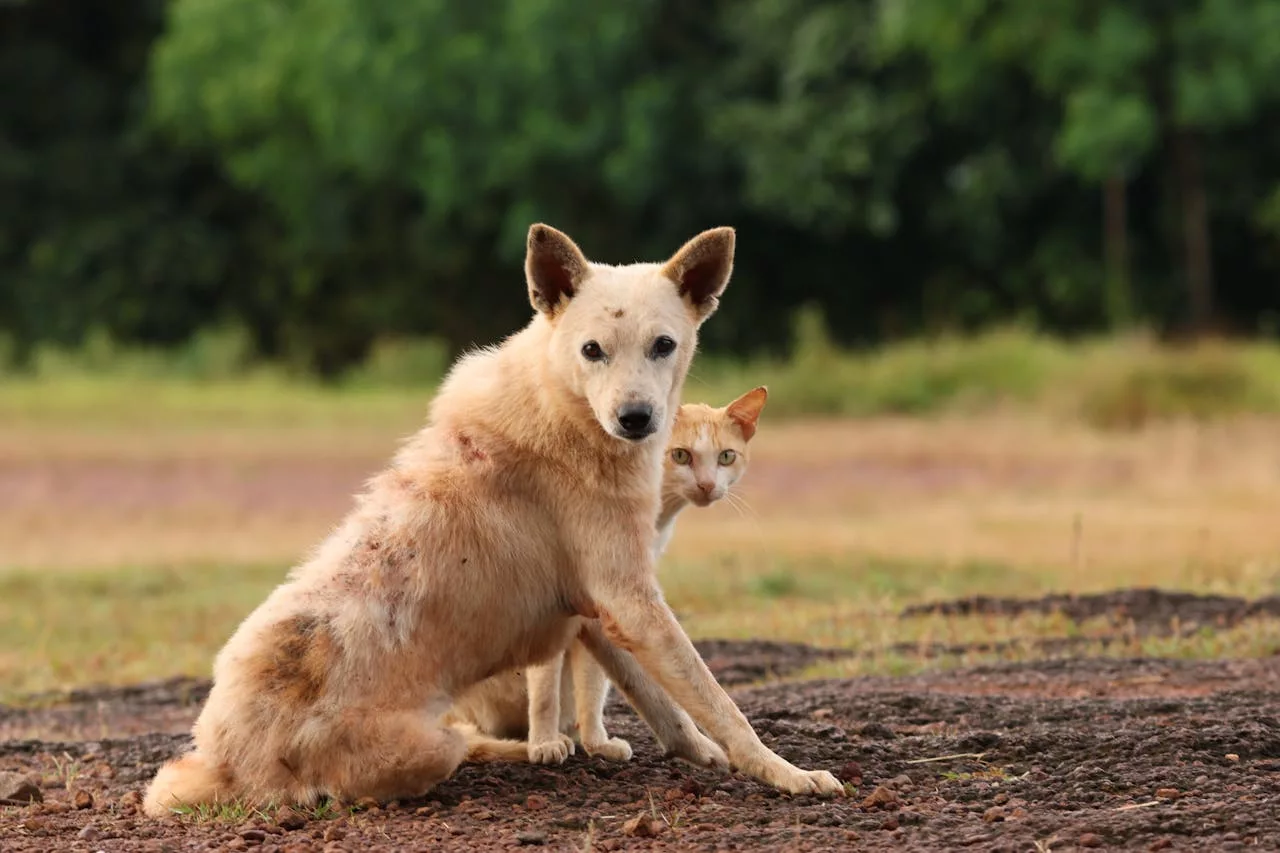Bringing a new pet into your life is exciting, but helping them feel comfortable around other animals can take time, patience, and the right approach. Socializing your pet isn’t just about playdates—it’s about building confidence, trust, and good behavior.
Start Early, If Possible
The best time to socialize a pet is during their early development stages. Puppies and kittens, for example, go through a critical socialization window between 3 and 14 weeks of age. During this period, they’re more open to new experiences. However, if your pet is older, don’t worry—socialization can still be successful with a little extra care.
Take It Slow
Introduce your pet to new animals gradually. Start with one calm, friendly animal in a controlled environment. Avoid overwhelming them with a big group or chaotic setting. Use leashes or barriers at first if needed, and always supervise their first interactions.
Use Positive Reinforcement
Reward your pet with treats, praise, or play whenever they respond calmly or positively to another animal. This helps them associate other pets with good experiences. Avoid scolding or punishing them if they react poorly—it can increase fear or aggression.
Watch Body Language
Your pet’s body language will tell you a lot. Signs of stress might include growling, hiding, raised fur, or rigid posture. On the other hand, relaxed bodies, wagging tails, and playful behavior are good signs. If your pet seems uneasy, give them space and try again later.
Expose Them to Variety
Let your pet meet different kinds of animals in safe situations—big dogs, small dogs, cats, or even rabbits, if appropriate. Each interaction teaches them how to behave and what to expect. The more positive experiences they have, the more confident and sociable they’ll become.
Join Socialization Classes
Pet socialization or obedience classes can be a great resource. They provide a structured environment where pets can safely interact under professional guidance. It’s also a great way for you to learn more about your pet’s behavior and training techniques.
Be Patient and Consistent
Every pet is different. Some may take to new friends quickly, while others need more time. The key is consistency and patience. Celebrate small wins and avoid rushing the process. Over time, your pet will learn that other animals are nothing to fear.
Conclusion
Socializing your pet with other animals helps them live a more relaxed and happy life. It reduces anxiety, prevents behavior problems, and strengthens your bond with them. With time, positive reinforcement, and plenty of love, your pet can become a well-adjusted member of any furry friend group.




